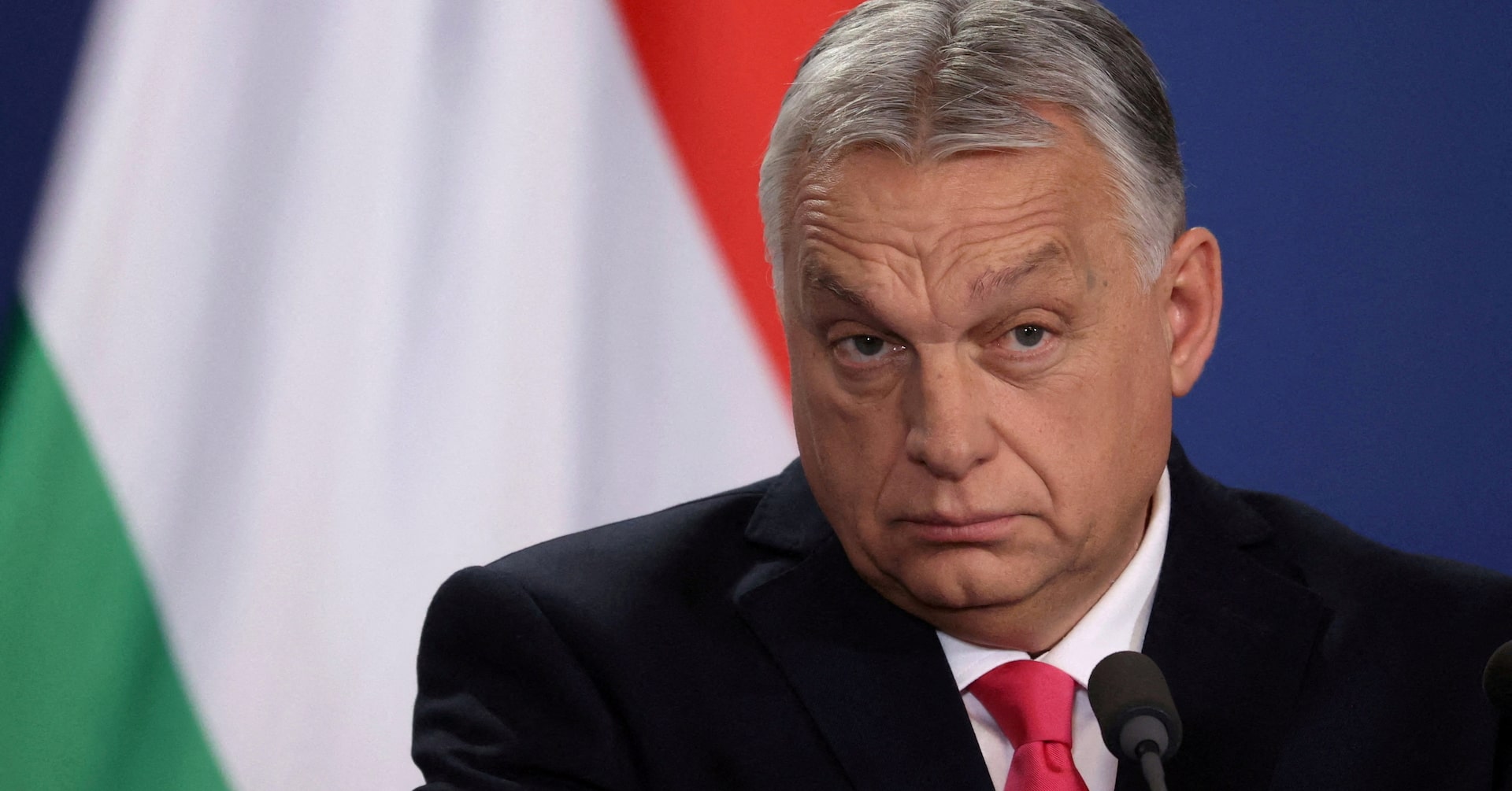Strategic Escalation: Israel Expands Hamas Offensive to Qatar's Business Heartland

In a strategic military operation, the Israeli Defense Forces (IDF) executed a meticulously planned precision strike targeting senior Hamas leadership on Tuesday. The targeted operation underscores Israel's ongoing efforts to dismantle the militant group's command structure and neutralize key strategic personnel. By focusing on high-ranking officials, the IDF aims to significantly disrupt Hamas's operational capabilities and strategic planning. The precise nature of the strike highlights the military's commitment to minimizing collateral damage while addressing what they consider a critical security threat.








